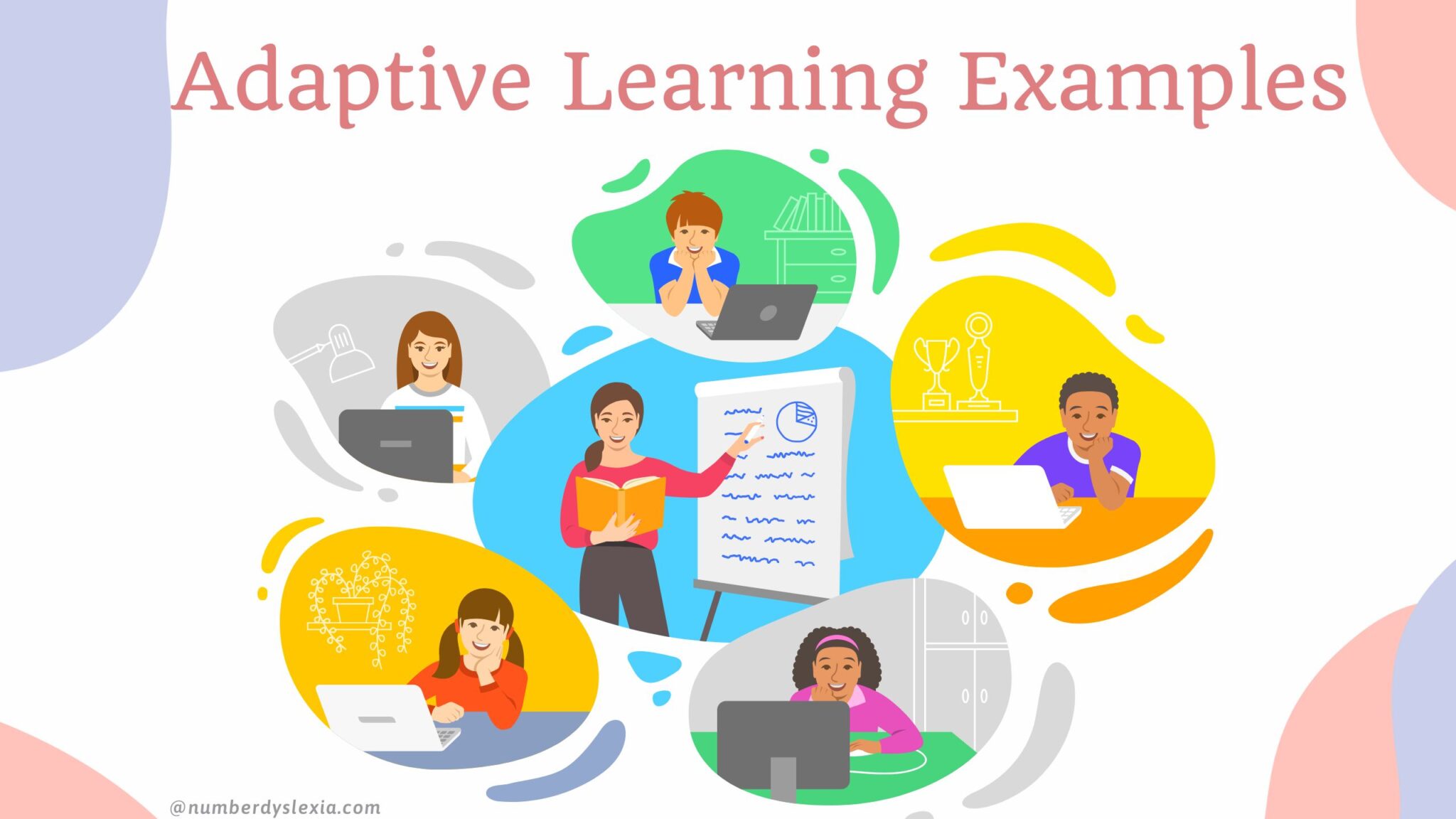Masters in Special Education: Career Paths and Opportunities
Masters in special education: career paths and opportunities
Earn a master’s degree in special education open doors to numerous rewarding career opportunities focus on support students with diverse learning needs. This advanced credential demonstrate specialized expertise and commitment to inclusive education practices, position graduates for roles with increase responsibility, leadership potential, and oft higher compensation.
Teach positions for special education master’s graduates
Special education teacher
The near direct application of a master’s in special education is taught in specialized classroom settings. With advanced training, you’ll be will equip to:
- Develop and implement individualized education programs (iIEPs)
- Apply evidence base instructional strategies for diverse learning needs
- Manage inclusive classrooms efficaciously
- Collaborate with multidisciplinary teams
- Advocate for appropriate accommodations and services
Many districts offer salary increases for teachers with master’s degrees, recognize the additional expertise these educators bring to their classrooms.
Intervention specialist
Intervention specialists work with students who need additional support beyond the general education curriculum. With a master’s degree, you can:
- Design target interventions for specific learning challenges
- Implement there support systems
- Track and analyze student progress data
- Modify curriculum materials for accessibility
- Provide specialized instruction in resource rooms or pull out settings
Gifted education teacher
Students with exceptional abilities besides benefit from specialized instruction. With a master’s in special education, you might:
- Create enrichment opportunities for advanced learners
- Develop acceleration programs
- Support double exceptional students (gift with learn differences )
- Design project base learning experiences
- Facilitate higher order thinking skill development
Early intervention specialist
Early intervention is crucial for young children with developmental delays or disabilities. In this role, you’d:
- Assess developmental progress in children from birth to age 5
- Create family center intervention plans
- Provide home base or center base services
- Support transitions to preschool or kindergarten
- Coach parents on developmental support strategies
Leadership and administrative roles
Special education coordinator
With a master’s degree and teaching experience, you can, will advance to coordination roles where you’ll:
- Oversee special education programs across multiple classrooms
- Support teacher implementation of IEPs
- Facilitate professional development
- Ensure compliance with special education laws
- Manage resources and staffing for special education services
Director of special education
At the district level, directors manage all aspects of special education services:
- Develop and implement district wide policies
- Manage budgets for special education programs
- Supervise special education staff
- Ensure legal compliance with idea and state regulations
- Collaborate with school administrators and families
This role typically requires a master’s degree plus administrative certification and substantial experience in special education.
Principal or assistant principal
School administrators with special education backgrounds bring valuable perspective to leadership positions:

Source: online.pace.edu
- Create inclusive school cultures
- Support teachers in differentiation practices
- Ensure appropriate accommodations for assessments
- Facilitate productive IEP meetings
- Develop school wide multi there support systems
Additional administrative certification is typically required alongside your master’s degree for these positions.
Specialized support roles
Behavior specialist
Behavior specialists focus on support positive behavior and address challenging behaviors:
- Conduct functional behavior assessments
- Develop behavior intervention plans
- Training staff in positive behavior support strategies
- Implement de-escalation techniques
- Collect and analyze behavior data
Assistive technology specialist
Technology can dramatically improve access for students with disabilities. In this role, you’d:
- Assess students’ technology need
- Recommend appropriate assistive devices
- Train students and teachers on technology use
- Stay current with emerge assistive technologies
- Ensure technology integration in IEPs
Transition coordinator
Support students’ transitions to post secondary environments require specialized expertise:
- Develop transition plans for students ages 14 22
- Coordinate with vocational rehabilitation services
- Connect students with community resources
- Teach independent living skills
- Facilitate work base learning experiences
Educational support services
Educational diagnostician
Educational diagnosticians specialize in assessment and identification of learn needs:
- Administer psychoeducational assessments
- Interpret test results
- Make eligibility determinations
- Recommend appropriate interventions
- Participate in multidisciplinary evaluation teams
This role oftentimes requires specific certification beyond the master’s degree.
Educational consultant
Consultants provide expertise to schools, districts, or families:
- Conduct program evaluations
- Provide target professional development
- Recommend evidence base practices
- Support inclusive program design
- Advise on compliance with special education laws
IEP facilitator
Some districts employ neutral facilitators to ensure productive IEP meetings:
- Guide collaborative decision make processes
- Ensure all team members have input
- Keep meetings focus on student needs
- Resolve conflicts constructively
- Document agreements and action steps
Higher education and research opportunities
College instructor
With a master’s degree, you can teach at community colleges or as an adjunct at universities:
- Teach introductory special education courses
- Supervise practicum students
- Share practical classroom experience
- Mentor new special educators
- Connect theory with practice
Disability services coordinator
Colleges and universities need specialists to support students with disabilities:
- Determine appropriate accommodations
- Advise faculty on inclusive practices
- Support students in self advocacy
- Ensure Ada compliance
- Coordinate support services
Educational researcher
Your master’s can be a stepping stone to research roles:
- Participate in studies on intervention effectiveness
- Collect and analyze educational data
- Contribute to curriculum development
- Evaluate program outcomes
- Pursue doctoral studies for advanced research opportunities
Non-traditional settings
Hospital or home bound teacher
Students with medical needs require specialized educational support:

Source: degreeplanet.com
- Provide instruction in medical settings
- Adapt curriculum for students with health conditions
- Coordinate with medical professionals
- Support transitions backward to school settings
- Maintain educational continuity during treatment
Juvenile justice education specialist
Youth in detention facilities have high rates of special education needs:
- Provide appropriate special education services in secure settings
- Ensure compliance with idea in alternative placements
- Support transitions between facilities and community schools
- Adapt instruction for students with trauma histories
- Coordinate with probation officers and social services
Corporate trainer
Your expertise in differentiate instruction transfers to corporate settings:
- Design accessible training materials
- Provide disability awareness training
- Consult on workplace accommodations
- Develop inclusive onboarding processes
- Support neurodivergent employees
Advocacy and policy roles
Special education advocate
Advocates help families navigate the special education system:
- Attend IEP meetings with parents
- Explain legal rights and processes
- Review educational documents
- Support collaborative problem solve
- Connect families with resources
Policy analyst
Your understanding of special education implementation inform policy work:
- Analyze impacts of propose legislation
- Develop policy recommendations
- Translate research for policymakers
- Advocate for evidence base practices
- Contribute to regulatory guidance
Maximize your master’s degree
Specializations to consider
Many master’s programs offer concentrations that can air focus your expertise:
- Autism spectrum disorders
- Applied behavior analysis
- Learning disabilities
- Emotional / behavioral disorders
- Low incidence disabilities
- Assistive technology
- Educational leadership
Additional certifications
Consider complement your master’s with specialized certifications:
- Board certified behavior analyst (bCBA))
- Wilson reading system
- NortonDillinghamm approach
- Administrative licensure
- Read specialist endorsement
Practical experience
Maximize the value of your degree through diverse experiences:
- Seek practicum placements in different settings
- Volunteer with disability organizations
- Attend professional conferences
- Participate in research opportunities
- Join professional organizations
Job outlook and compensation
Special education remain a high need field with strong employment prospects. The bureau of labor statistics systematically identify special education as an area with teacher shortages in many regions. While salaries vary importantly by location, role, and experience level, master’s degree holders typically earn premium salaries compare to bachelor’s level educators.
Administrative and specialized roles frequently command higher salaries, especially in urban and suburban districts. Additionally, many districts offer stipends for hard to fill special education positions or for take on additional responsibilities like department chair roles.
Make the most of your career path
A master’s in special education provide versatility and growth potential throughout your career. Many professionals find that they can move between different roles — teaching, coordinating, consulting — as their interests and life circumstances change. The specialized knowledge gain through your degree program remain valuable across these transitions.
The about successful special education professionals maintain a commitment to ongoing learning, stay current with research and evidence base practices. They besides develop strong collaborative skills, as special education inherently involve work with diverse teams of professionals, families, and students.
Whether you’re presently teach and seek advancement, enter education from another field, or look to specialize your exist practice, a master’s in special education offer meaningful pathways to make a difference in the lives of students with diverse learning needs.



